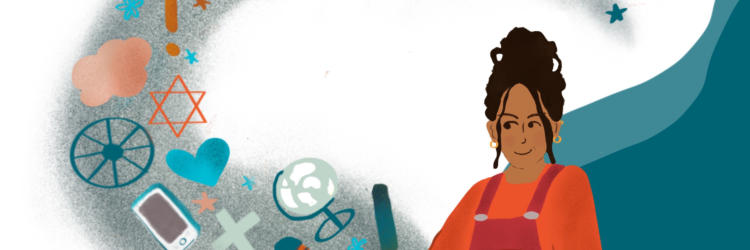The program Together for Sweden (TFS) was established as part of FRYSHUSET in 2011 as an initiative of the imam Othman Al Tawalbeh and the priest Maria Kjellsdotter Rydinger with the support of several religious organizations in the country. Since then, TFS has been the main actor in Sweden addressing xenophobia, racism, and extremism by promoting interreligious and intercultural dialogue among young Swedes.
What do we do
As a part of FRYSHUSET, our vision is based on the organization’s shared conviction that encouragement, confidence, responsibility, and understanding are necessary to enable young people to develop their innate abilities and find their way into society. We support young people to build their capacity by providing non-formal education, and capacity development trainings related to personal growth and cultural activities. The program provides education in storytelling as at method for encouraging biographical learning, identity development and reflection as well as fostering dialogue and increased interreligious and intercultural understanding. In other words, participants get to work with their own self-leadership, where growing as an individual together with a diverse group of young people of different backgrounds is one of the corner stones.
What is our mission
Besides our vision, our mission is also to support the agenda 2030 global goal no 16: Peaceful and inclusive societies, where freedom from violence is both a goal and a means of sustainable development for both individuals and society. Through training, lectures, and workshops, TFS shows how intercultural and interreligious dialogue can be a path to integration and growth for young people in the work for peace and understanding.
